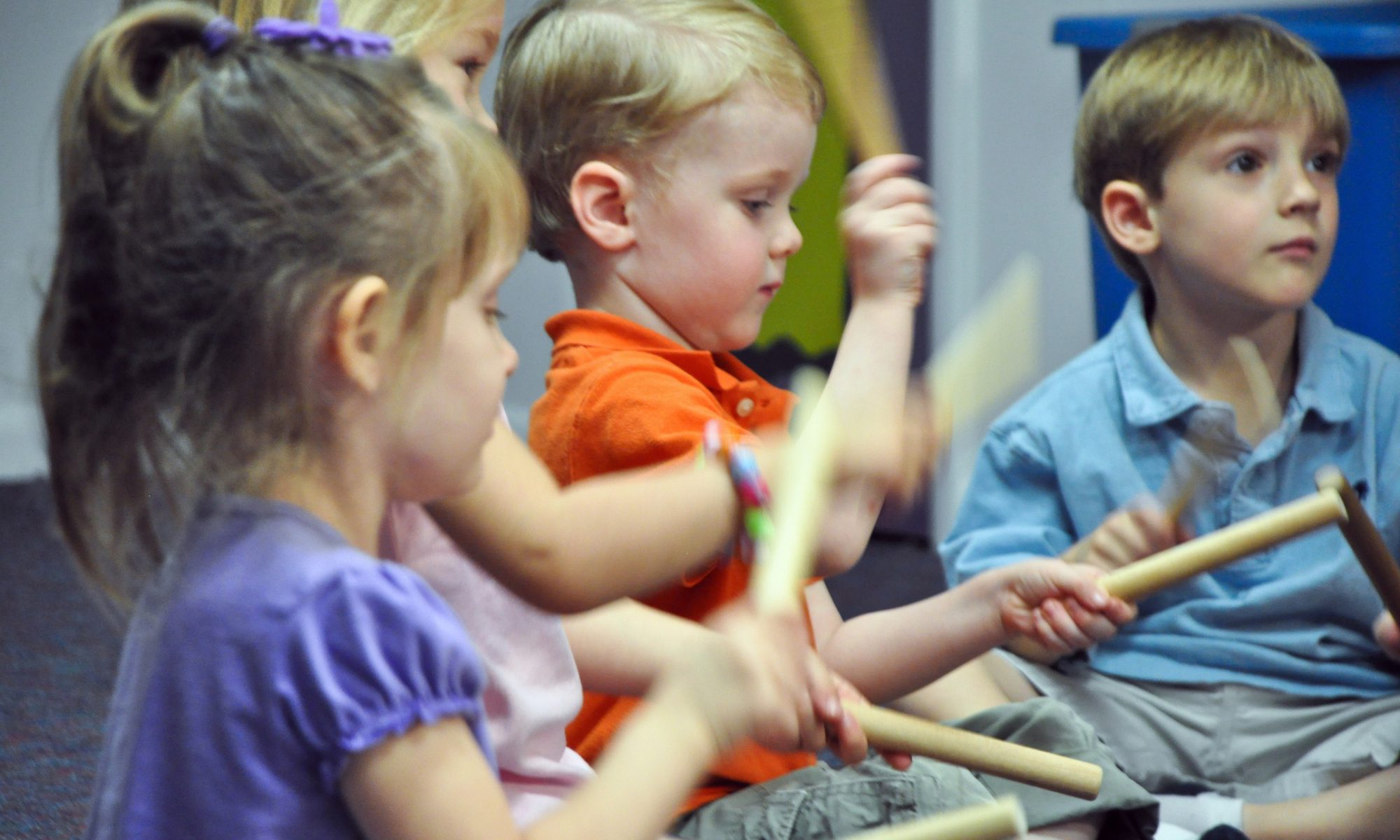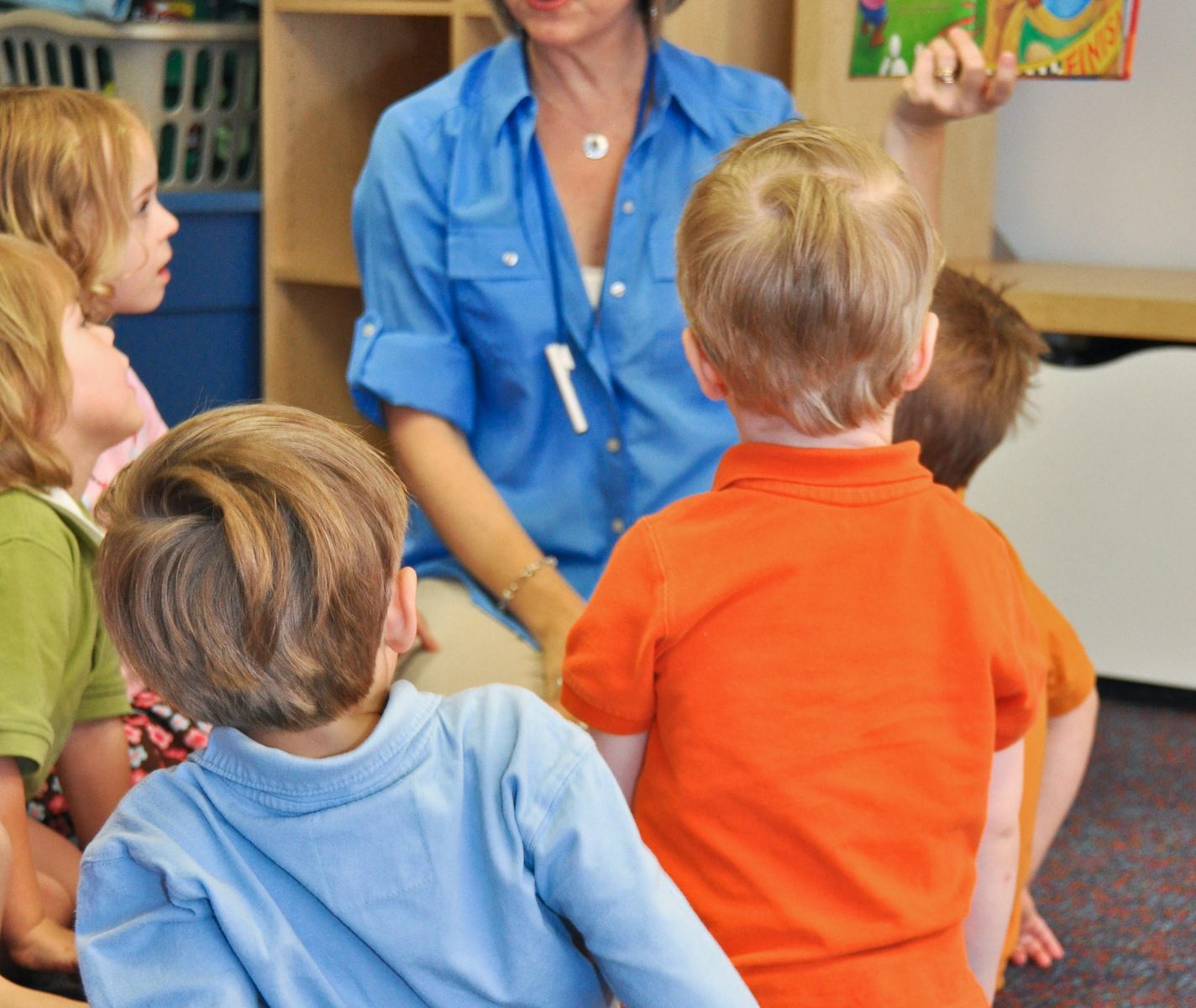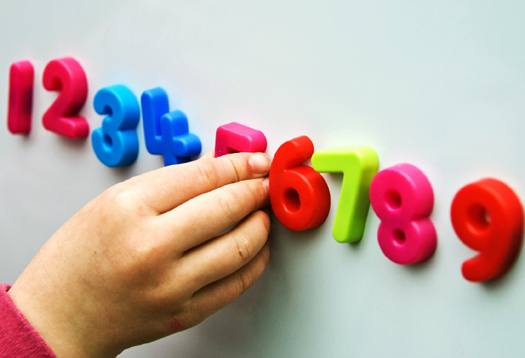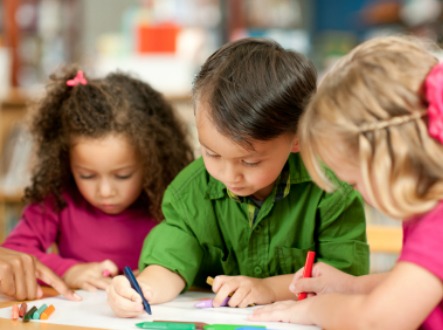If Shakespeare had developed daycare or preschool curriculum instead of sonnets and plays, he may have rewritten one of his most famous lines: “If music be the food of love literacy, play on.” Research continues to prove this sentiment, including a new University of Buffalo study published earlier this month.
Training equips preschool teachers to use music
 Before conducting this study, professors from the University of Buffalo knew what the research said about music’s ability to greatly impact a child’s early literacy and language abilities. With their study, however, they specifically wanted to see if early childhood teachers, with little to no music background, could be trained to use music in developmentally appropriate ways to boost early literacy development.
Before conducting this study, professors from the University of Buffalo knew what the research said about music’s ability to greatly impact a child’s early literacy and language abilities. With their study, however, they specifically wanted to see if early childhood teachers, with little to no music background, could be trained to use music in developmentally appropriate ways to boost early literacy development.
Led by Maria Runfola, PhD, and Elisabeth Etopio, PhD, the team recruited 165 preschoolers to participate in music activities led by 11 daycare teachers. As part of the daycare curriculum, the preschool educators leading the music classes received training in musicianship skills and specific strategies for leading preschoolers’ music development. Prior to this early literacy study, these preschool teachers did not have any music training. The researchers found that participating preschoolers experienced a boost in oral vocabulary and understanding of grammar compared to students not enrolled in the preschool curriculum. Plus, children with lower initial literacy skills saw the biggest positive impact.
“First, we found that the musicianship of the early childhood teachers improved as did their ability to guide music activities in ways that enhanced student music development,” explained Runfola in a press release, Study Finds Link Between Music and Preschoolers Reading Readiness.
Since the preschool teachers did not come from a musical background, it was not surprising that participating children did not experience a significant boost to musicality, such as rhythm-pattern achievement. However, the researchers concluded that early childhood teachers without a music background could be trained to teach a daycare curriculum that uses music as a vehicle for early literacy and language development.
“Administrators need to better understand the importance of the arts to children’s development,” Runfola concluded in the press release. “We hope this research will help music educators and childhood educators support their requests for music time for the youngest of our students. Children need daily appropriate music activity to stimulate their neural activity to develop tonal and rhythm audiation that in turn appears to help their emergent literacy skill.”
If music be the food of literacy, then play on indeed!
Preschool curriculum helps daycare teachers use music to boost early literacy
Created by Kindermusik International, ABC Music & Me is a daycare curriculum that uses music and movement activities to boost early literacy and language skills while also cultivating turn-taking and sharing, improving coordination, enhancing creativity, and more.
Through a robust classroom kit that includes Digital Teacher Guides, ABC Music & Me provides step-by-step planned out lessons so even educators with no musical experience can begin teaching this daycare curriculum immediately.







